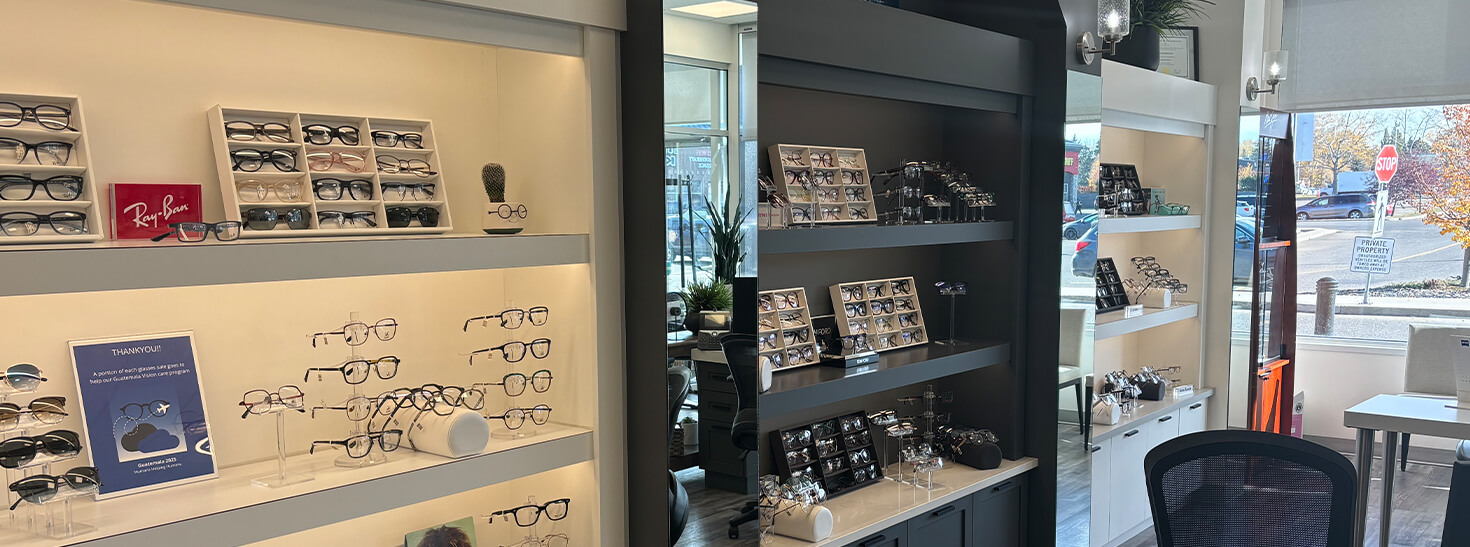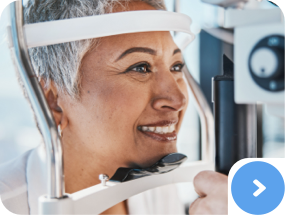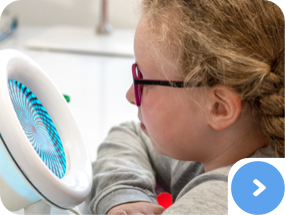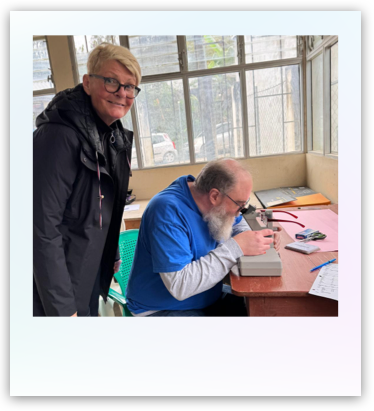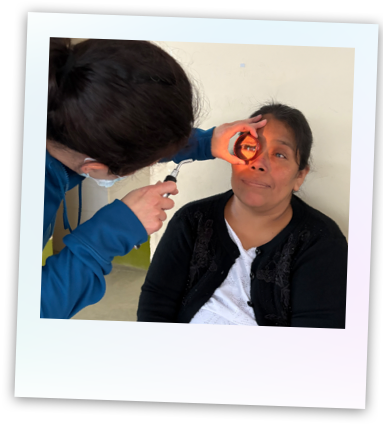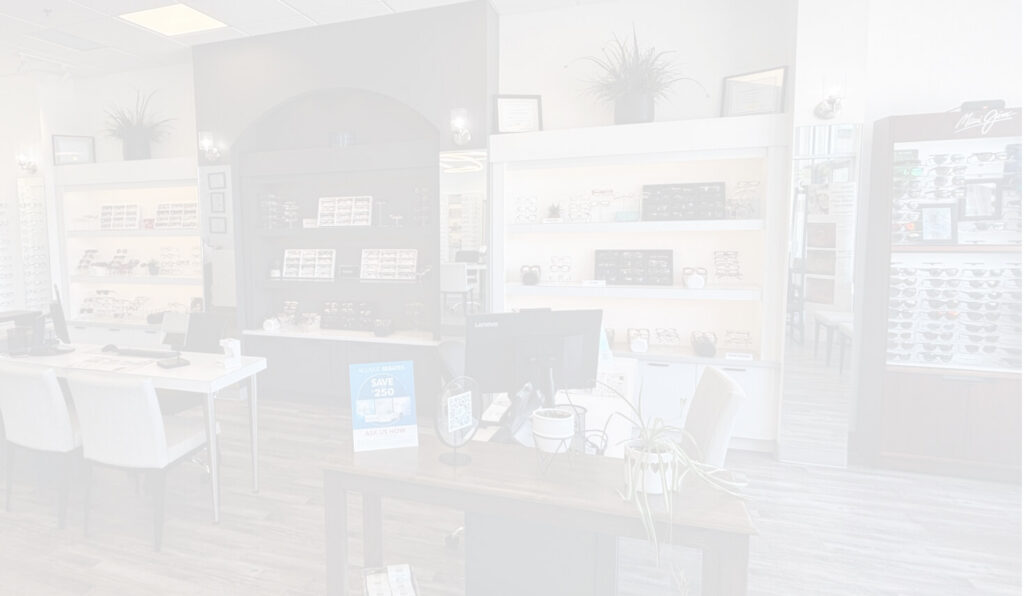Eye exams are crucial for maintaining good vision and overall eye health. But, whether you’re a parent planning your child’s first visit to the optometrist or an adult who hasn’t had an eye checkup in a while, you might have good reason to wonder whether you can fit an eye exam into your day.
Fortunately, routine eye exams usually only take 30-45 minutes. However, the time can vary if your optometrist needs to perform additional tests or if you are being fitted for contact lenses. This typically short appointment time can make it easy to fit an eye exam into your schedule, and that comprehensive exam can help you feel better about taking proactive care of your eye health.
Types of Eye Exams
Eye exams aren’t one-size-fits-all. The length and scope of your visit will depend on the type of exam you need. Let’s break it down.
Difference Between Eye Exams for Children & Adults
Children’s eye exams are often more focused on developmental aspects of vision. For instance, an optometrist may test whether both eyes work together, check for lazy eye (amblyopia), or identify any conditions affecting educational performance.
Adult eye exams, on the other hand, often include assessments for eye diseases like glaucoma, cataracts, and age-related macular degeneration, alongside prescription checks for glasses or contacts.
While the objectives differ slightly, child and adult exams share core components, including visual acuity testing and overall eye health assessments.
What Happens During an Eye Exam?
A standard eye exam typically involves the following steps:
- Taking a Medical and Family History: We may ask about your general health, family history of eye conditions, and any symptoms you’re experiencing—particularly if it’s your first visit with us.
- Optomap (Retinal Imaging): This advanced imaging technology provides a wide-angle view of your retina, helping to detect potential issues such as retinal tears, detachments, or early signs of diseases like macular degeneration.
- Vision Tests (Visual Acuity): These tests check how well your eyes see details at various distances, often with the help of an eye chart.
- Refraction Tests: We may use a phoropter or automated machine to determine the prescription strength needed for corrective lenses (if you wear glasses or contacts).
- Eye Health Assessment: This includes examining the retina, optic nerve, and other internal structures using specialty equipment, such as a slit lamp or ophthalmoscope.
- Tonometry (Glaucoma Test): This is a quick test to measure eye pressure—a critical step in diagnosing glaucoma.
What Adds Time to an Eye Exam?
Some factors can extend the length of your visit, including:
- Pupil Dilation: Dilation is often necessary for a thorough eye health evaluation. After drops are applied, you’ll need to wait 20–30 minutes for your pupils to dilate before further tests.
- Contact Lens Fitting: If you need contact lenses, we may need to spend additional time fitting them and helping you learn more about their use and care.
- Specialty Testing: Conditions like diabetes, dry eye, or suspected eye diseases may require extra diagnostic tests, such as OCT scans or visual field tests.
- Questions and Education: If you’re new to eye care or have specific concerns, more time might be spent discussing your needs and treatment options.

The Importance of Comprehensive Eye Exams
Routine eye exams are about more than maintaining clear vision. They can also detect early signs of several health conditions, such as diabetes, high blood pressure, and brain tumours.
Investing a little time in a comprehensive eye exam is a preventative measure that can save you from stress and additional complications in the future.
How Often Do I Need an Eye Exam?
Your age and overall health depend on how regularly you should have an eye exam. Here’s a general guideline that you can follow:
- Children (6 months–18 years): Every year
- Adults (19–64 years): Every 1–2 years
- Seniors (65+): Every year
In some cases, we may recommend more frequent eye exams, such as for those with a family history of eye disease or chronic health conditions like diabetes.
How Much Does an Eye Exam Cost?
The cost of an eye exam is dependent on many different factors. Feel free to give us a call at Airdrie Family Eye Doctors to find out more. We’re happy to help provide you with information detailed to you!
Take the First Step Towards Better Eye Health
An eye exam is a small time investment that can potentially yield life-changing benefits. At Airdrie Family Eye Doctors, we strongly believe that healthcare is a human right and everyone should have access to it to lead healthier, happier lives.
Contact us today to schedule your next comprehensive eye exam—especially if it’s been a while since your last checkup. Your eyes deserve it!
